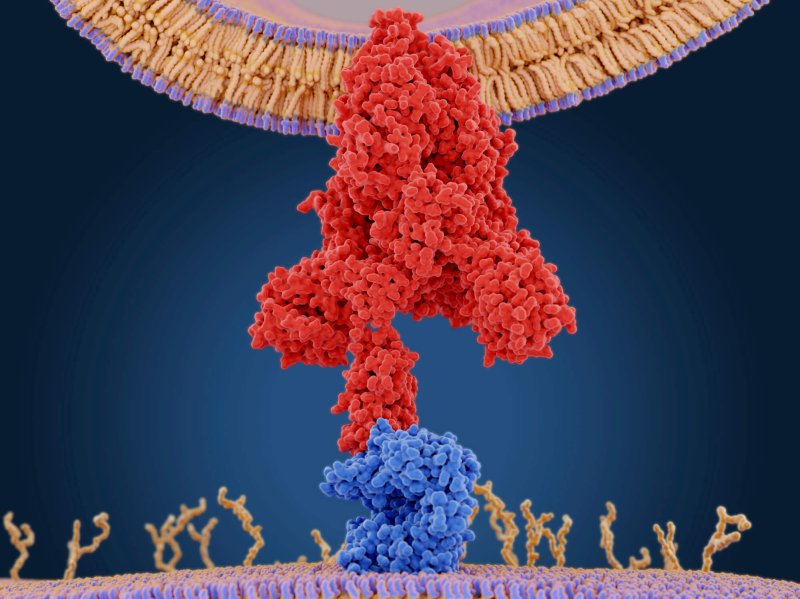The earliest clinical data out of China showed that some [COVID-19 patients] consistently fared worse than others, notably men, the elderly, and smokers. It made some scientists wonder: What if the elevated risk of severe infection and death shared by these different people all boils down to differences in a single protein?
…
ACE2, which stands for angiotensin-converting enzyme 2, is a protein that sits on the surface of many types of cells in the human body, including in the heart, gut, lungs, and inside the nose… Like a key turning in a latch, the virus gains entry to the cell through ACE2, then hijacks the cell’s protein-making machinery to make copies of itself. An infection begins.
..
[Molecular pharmacologist Paul Insel] says it would be a mistake for people to try to lower their levels of ACE2. Without it, the hormone angiotensin II builds up, which not only raises blood pressure but also can trigger dangerous storms of inflammatory molecules and cause tissue damage. And it would probably be futile, since the coronavirus doesn’t need that many molecular doors; scientists estimate it only takes a few thousand Sars-CoV-2 particles to establish an infection.“[ACE2] evolved to bind to this molecule that you need to have a functioning heart, lungs, and other organs. What this virus does is get rid of ACE2 from where you need it,” [says cardiologist Gavin Oudit.]































